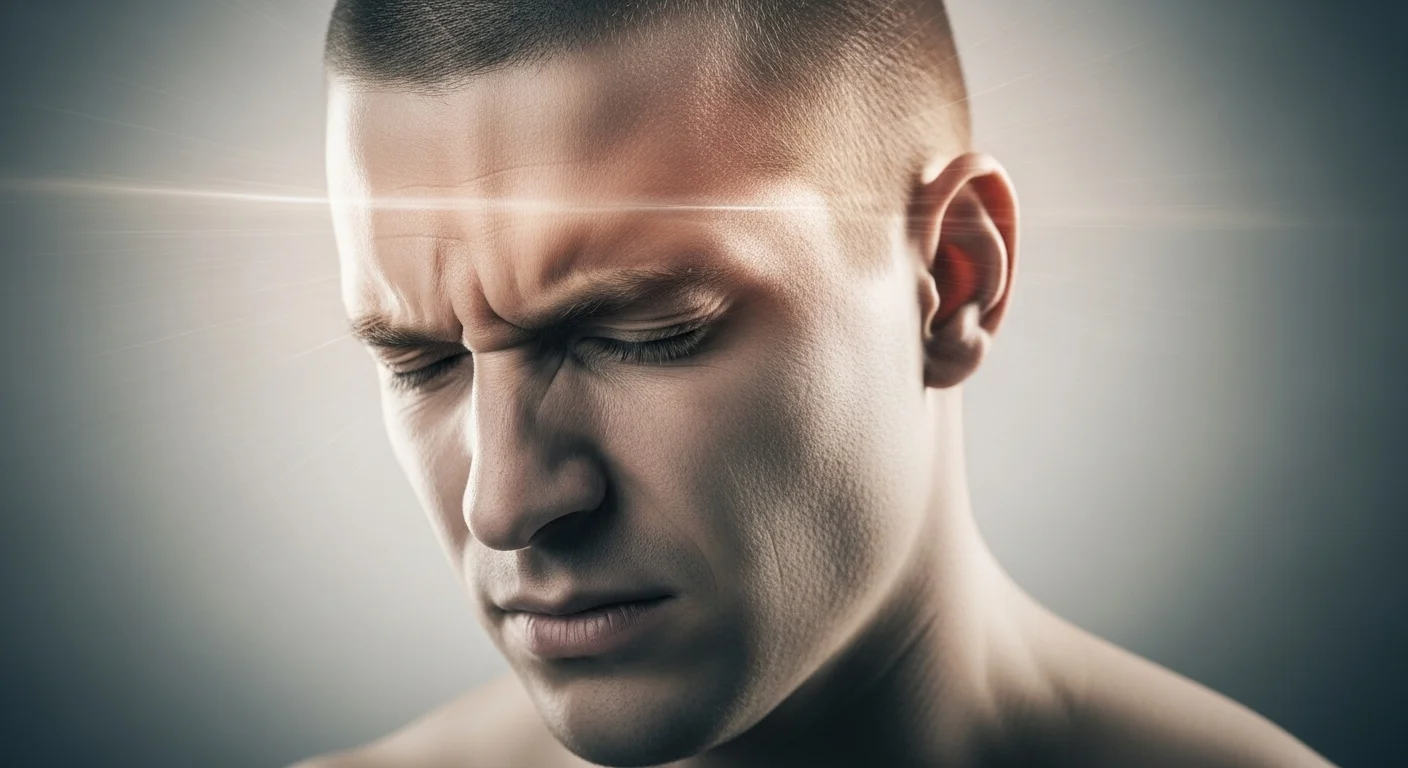Headache Relief: Foods & Drinks to Soothe Your Pain
Headaches are a common ailment, with most people experiencing one at some point in their lives. The pain can manifest in various areas, from the forehead and temples to the back of the head and neck. While some headaches are easily managed, others can be debilitating. Understanding what you can eat and drink to alleviate the pain can be a valuable tool in your headache management strategy.
Headaches are broadly categorized into primary and secondary types. Primary headaches, like migraines, tension headaches, and cluster headaches, don’t have an identifiable underlying cause revealed through medical examination. Secondary headaches, on the other hand, are caused by underlying conditions such as temporal arteritis, myofascial pain syndrome, or medication-overuse headaches. In rare, serious cases, headaches can be a symptom of brain tumors, hemorrhages, increased intracranial pressure, encephalitis, or meningitis.
While secondary headaches require addressing the underlying medical condition, many primary headaches can be managed with lifestyle adjustments and, sometimes, medication. This article explores foods and drinks that may help soothe headache pain, based on research and health resources.
Drinks for Headache Relief
-
Low-Fat Milk: Riboflavin (Vitamin B2) is believed to help reduce the frequency of migraine attacks. One cup of low-fat milk (around 2% fat) contains a significant amount of Vitamin B2, potentially providing close to half the recommended daily intake for adults.
-
Decaffeinated Coffee: For some, excessive caffeine intake can trigger migraines. The best approach might be to eliminate caffeine altogether. However, if you find it difficult to give up coffee, switching to decaffeinated coffee can be a helpful compromise. It’s important to reduce caffeine gradually to avoid withdrawal symptoms, which can paradoxically trigger headaches. Even decaf contains a small amount of caffeine, so moderation is still key.
-
Green Tea: Green tea contains less caffeine than coffee (approximately 30-50mg per cup compared to 80-100mg in coffee). Switching from coffee to green tea can help lower your overall caffeine consumption.
-
Ginger Tea: Ginger is known to alleviate nausea and vomiting, common symptoms associated with migraine attacks. Even if you don’t experience these symptoms, ginger tea can be a soothing alternative to caffeinated beverages. Ginger’s pungent compounds, like gingerol, possess pain-relieving properties that can be effective for various types of pain, including muscle aches and menstrual cramps.
-
Water: Dehydration is a frequent trigger for migraine attacks. Ensuring adequate daily water intake is crucial. Pay particular attention to hydration before, during, and after exercise, as well as in hot weather.
-
Grape and Orange Juice: Magnesium is an important mineral that can help improve migraine symptoms. Grape juice can provide a source of magnesium. Orange juice is also a good source of magnesium and may help alleviate headaches and migraine symptoms. Choose 100% natural, unsweetened juice for the best results.
Foods for Headache Relief
-
Omega-3 Rich Fish (Mackerel, Salmon): Fatty fish like mackerel, salmon, and herring are rich in omega-3 fatty acids, which have shown promise in reducing headache frequency and intensity. Studies have indicated that diets rich in omega-3s can significantly decrease the duration and frequency of headaches. The anti-inflammatory and neuroprotective properties of omega-3 fatty acids are thought to contribute to these benefits.
-
Almonds: Nuts, including almonds, are good sources of magnesium, which can help reduce headache symptoms. Magnesium promotes muscle and blood vessel relaxation, making it particularly effective for tension headaches. Tension headaches are often described as a tight band around the head and are triggered by stress, fatigue, and lack of sleep. Almonds also contain tryptophan, which can increase the production of serotonin, a neurotransmitter that plays a role in pain management.
-
Mushrooms: Mushrooms contain Vitamin B2, which can contribute to headache relief. Vitamin B2 aids in cellular energy production. Certain varieties, like reishi mushrooms, are particularly noted for their headache-relieving and dizziness-reducing properties.
-
Butterbur: Butterbur has been identified as a potentially effective food for reducing the frequency of migraines. Research suggests that compounds in butterbur, such as petasin and isopetasin, can dilate blood vessels and inhibit the synthesis of inflammatory substances in the body, thus alleviating headaches. Studies have shown that daily intake of butterbur extract can significantly reduce migraine symptoms. It can be consumed as a cooked vegetable or brewed into a tea.
It’s important to remember that these foods and drinks are not a cure for all headaches, and individual responses may vary. If you experience frequent or severe headaches, consult a healthcare professional for proper diagnosis and treatment.




